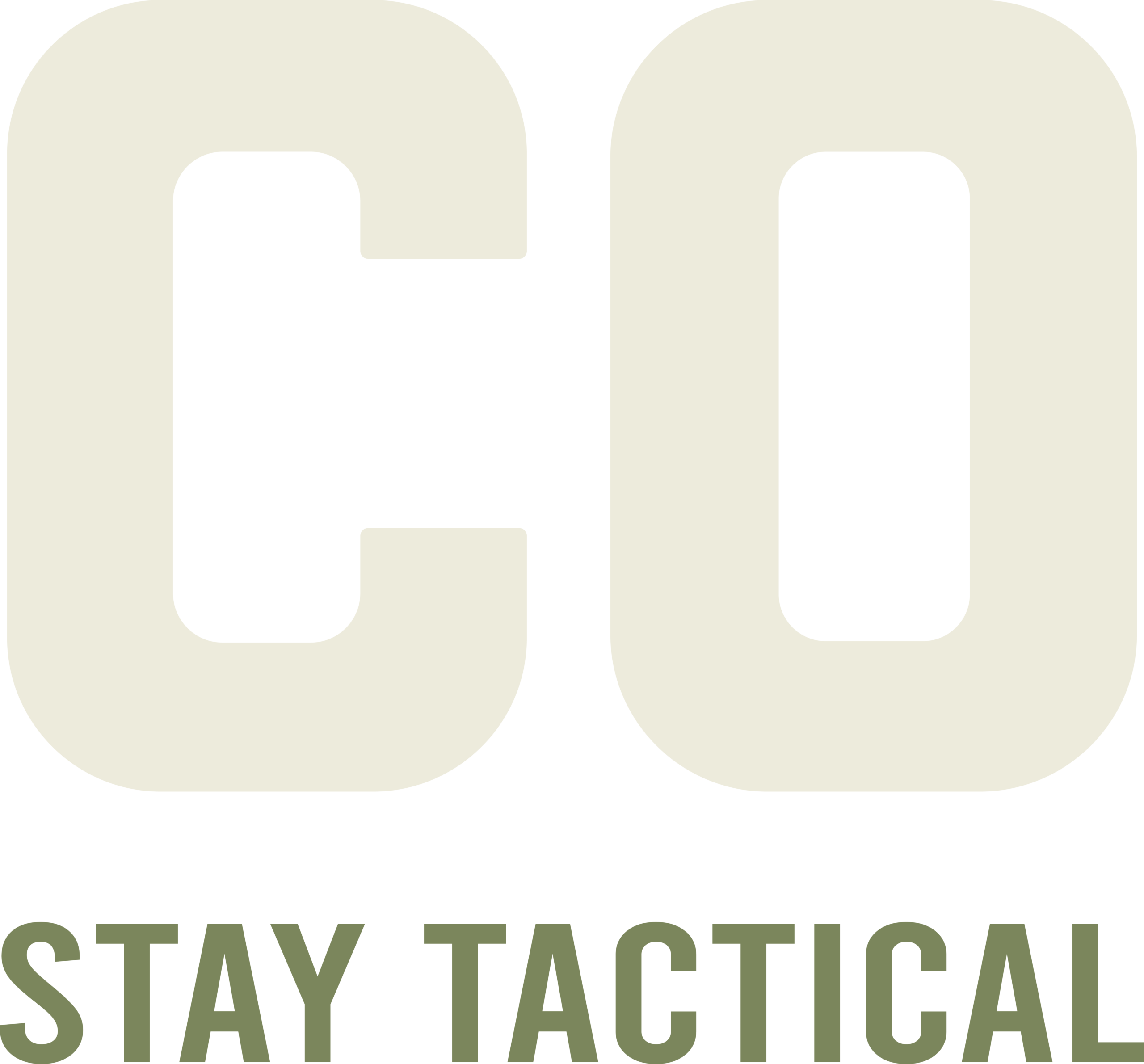Shooting ranges are interesting places to visit as you get people of all backgrounds with all sorts of gun experience operating weapons that are literally a trigger pull away from killing someone. Yet it always amazes me at how many times I go to a range and see little to no medical gear brought in by anyone, in fact if there is any medical gear it’ll usually be a tourniquet left out on top of a range bag or near a shelf. While a tourniquet is an absolute essential, we should all be doing better. That’s why I strongly recommend you pack a shooting range medic bag and carry it with you.
Here is the breakdown list of everything you need.
A Bag – Pick something you can easily carry to the range but will fit all of the following. I keep it all in a small medic “pouch” that is attached to my range bag via Molle webbing.
Tourniquet – if you have read any of the posts on this website other than this one then you know how much we believe in tourniquets. If you follow anything here, make sure to pack a tourniquet when you go to the range.
Chest seals – very handy for any gunshot trauma, which of course if there is an incident at a range it is likely to be the result of a gunshot.
Emergency bandage – an elasticized bandage with a sewn-in non-adhesive pad.
Combat gauze – incredible stuff, combat gauze is impregnated with an inorganic mineral called kaolin which accelerates the body’s clotting ability. This is very effective at stopping or greatly reducing bleeding.
Nasopharyngeal airway with lubricant – a hollow plastic tube that is used to assist a patient with oxygenation and ventilation.
Space blanket – an important tool in trauma to reduce heat loss in a person’s body which can be caused by various trauma.
Isopropyl alcohol – self-explanatory, used to clean wounds.
Needle chest decompression – used to decompress a tension pneumothorax by inserting a needle in the space.
Scissors – specifically trauma sheers which are handy for cutting clothing or material in the way of the trauma.
ACE bandages – these are handy for reducing swelling of an injured area of the body. They can work for those smaller and lighter injuries on the range.
EpiPen – I’ve put this one on here as I’ve actually seen one of these used at an outdoor range and since then I’ve thrown one in my bag. Very handy especially if you have family or friends with allergies.
Happy shooting!

